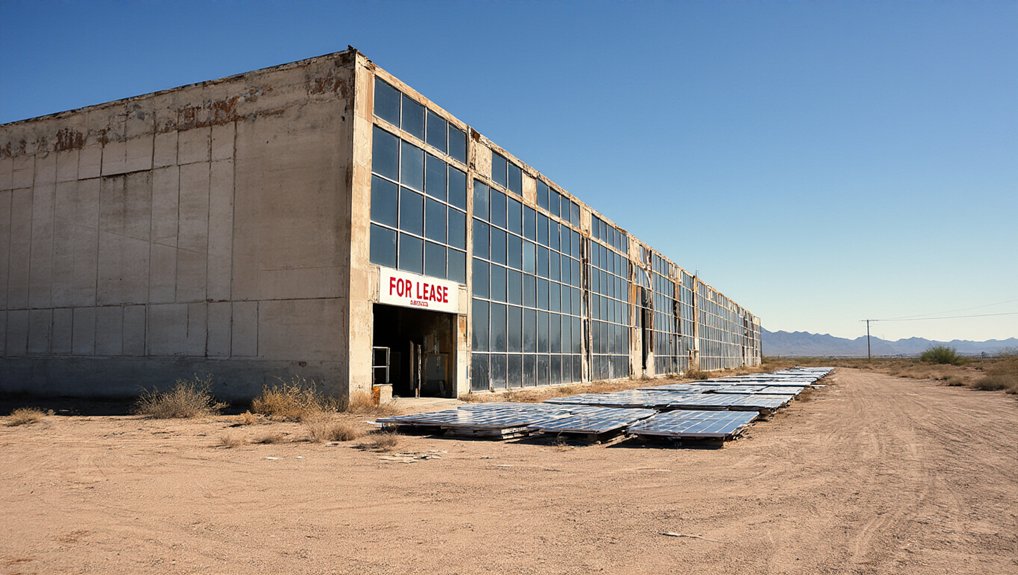While governments slash budgets worldwide, major oil companies continue to shield billions in profits through tax havens. Shell recorded $570 million in tax-free Bahamas profits, while Chevron reported $31 billion untaxed across 13 haven countries. These practices cost governments up to $600 billion annually in lost revenue. Tax haven loopholes remain largely untouched as public services face cuts. The contrast between corporate wealth and shrinking public budgets grows increasingly stark.
While global oil giants report massive profits to their shareholders, they’re quietly shifting billions to tax havens around the world. Recent data shows that Exxon, Chevron, and Shell made over $83 billion in profits in 2023 alone, yet much of this money escapes taxation through complex offshore structures.
Shell, for example, registered $570 million in profits in the Bahamas tax-free. The company also made $937 million in Singapore with just a 3% tax rate, $1.1 billion in Switzerland at 15%, and $2.2 billion in the Netherlands at 7%.
Meanwhile, Chevron reported a staggering $31 billion in untaxed profits across 13 tax haven countries.
This practice isn’t unique to oil companies. About 76 of the Fortune 100 companies have at least one subsidiary in a foreign tax haven. Two-thirds of bank fossil fuel financing flows through secrecy jurisdictions like the British Virgin Islands, Bermuda, and Cayman Islands.
The impact on government budgets is severe. Tax havens cost governments worldwide between $500-$600 billion annually in lost corporate tax revenue. Low-income economies lose $200 billion, which exceeds what they receive in foreign aid. Individual tax evasion through havens costs another $200 billion each year.
Corporate profit shifting has grown dramatically. U.S. multinationals now shift 25-30% of their gross profits, up from just 5-10% previously. Companies use artificial techniques like adjusting related company transaction prices and shifting debt to high-tax areas to reduce their tax burden. Many fossil fuel giants employ captive insurance subsidiaries primarily as profit-shifting vehicles rather than genuine insurance providers.
Despite efforts to address these issues, many challenges remain. The Common Reporting Standard contains loopholes, and the United States shares little information with other countries.
California alone loses up to $4 billion through its “Water’s Edge Election” policy that benefits these companies.
As governments search for budget cuts, the untouched wealth in tax havens presents a stark contrast. With individuals having stashed between $8.7-$36 trillion in tax havens and American Fortune 500 companies holding $2.6 trillion offshore, the hidden wealth continues to grow while public services face cuts. Shell alone returned $26 billion to shareholders in 2022 while paying minimal windfall taxes despite record profits.









